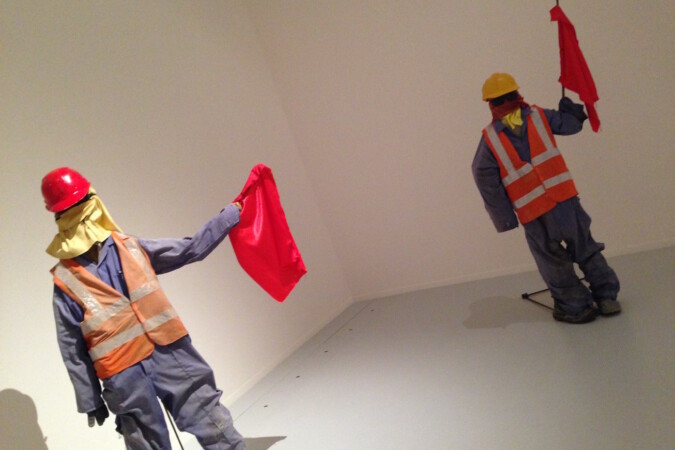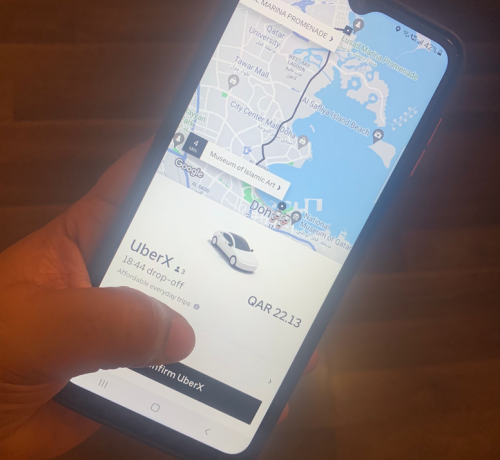Filipino Migrant rights Groups Welcome UAE Plans to Ease Sponsorship regulations in 2011
Migrante-Middle East, and its local chapter in the United Arab Emirates today welcome the moved by the UAE government when it plan to ease the implementation of ‘sponsor’ system, which many believe is like a 'bonded' labor.
Citing local news report, Migrante-UAE Secretary General Nhel Morona, said the new regulation allowing a worker to work to another employer provided he successfully finished his employment contract with the first employer will take effect in January next year.
Under the ‘sponsor’ system, the hired expatriate worker could not easily transfer from one employer to another. He is bound to finish his or her contract after which he or she may work on an extended contract basis or may opt to resign and exit. Thus, an expatriate worker needs to get the consent of his sponsor before leaving the country.
The ‘sponsor’ system is widely enforced in the Arab states in the Middle East, until some of the Gulf Cooperating Council (GCC) member-countries entertain the abolition of ‘sponsor’ system. Kuwait, Bahrain, and Qatar along with the UAE govt. has been seriously considering to ease its implementation, if not, fully abolish the system.
“We welcome the move by the UAE govt. when it eases its ‘sponsor’ rule as it would give leeway and freedom to expatriate workers in terms of travel and the opportunity to change and look for a better job within the UAE,” Morona added.
The sponsorship system serves as the legal basis for one’s residency and employment in Arab states in the Middle East.
Migrant workers cannot enter, work, change jobs or leave the country until they have permission from their sponsor, usually a GCC citizen, company or any branch of the government.
“The sponsorship system requires that an expatriate can work only for the sponsor and is entirely dependent on the contract in order to remain in the country,” John Leonard Monteron, Migrante-Middle East coordinator, explained.
Monterona added that usually laborer’s employer is the one who issues the visa invitation letter which requires the employee to work only for the original employer, who is also called the employee’s ‘sponsor’.
“In essence and in practice, sponsorship system is but an indentured servitude; a person under sponsorship simply called asbonded laborer who is under contract of the employer in exchange for an extension to the period of indenture, which could thereby continue indefinitely,” Monterona said.
The two OFW leaders both said that in the very nature of the prevailing system of sponsorship as practiced in the Gulf States, migrant workers as indentured servants were subject to abuses at the hands of their employers in the homes or fields in which they worked.
Migrante-Middle East is urging other mid-east governments, hosting the about 1.8-M OFWs in the entire Middle East, to follow suit taken by the UAE govt. when it will ease the ‘sponsor’ system starting January 2011. # # #
Written by:
John Leonard Monterona
Migrante-Middle East regional coordinator




